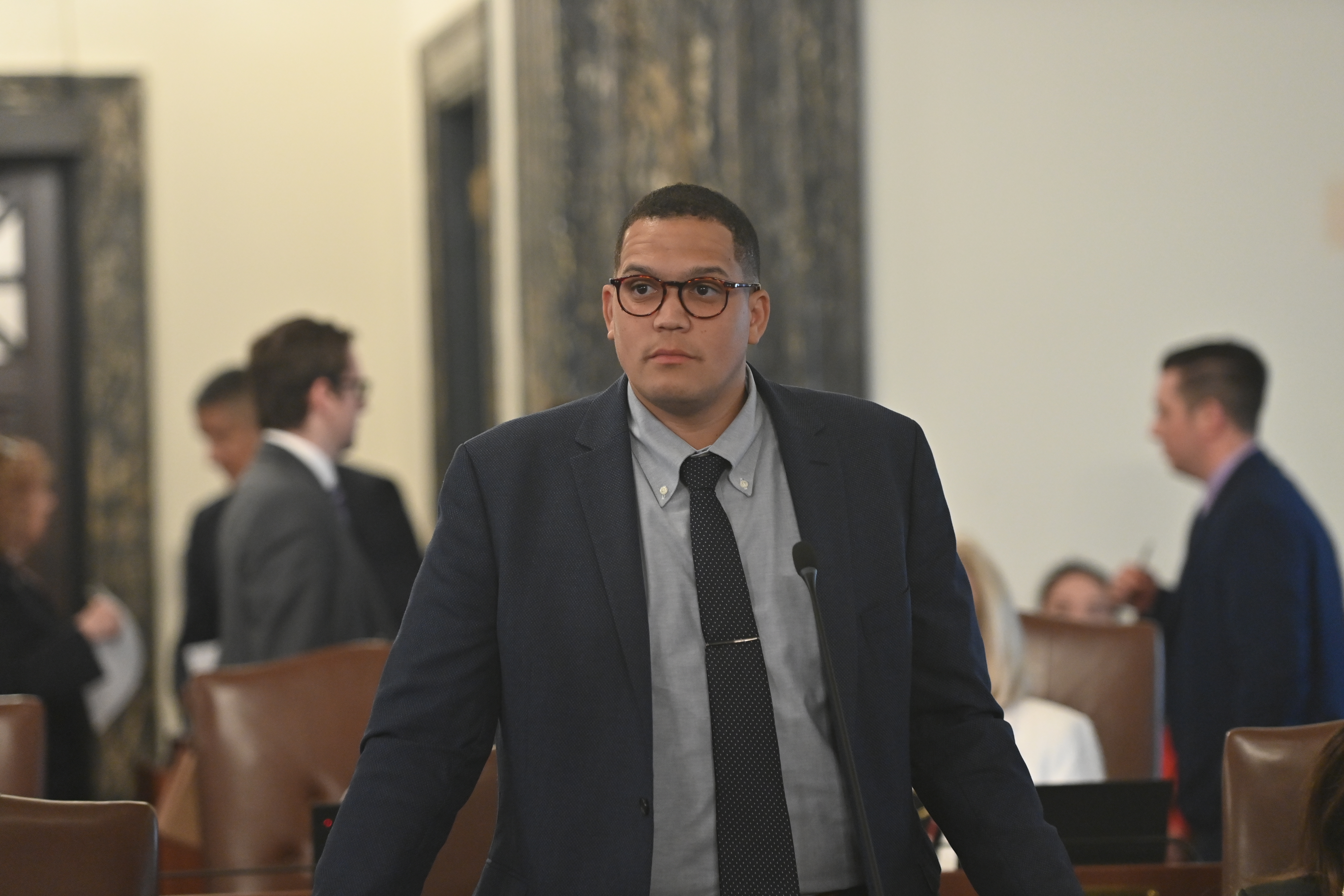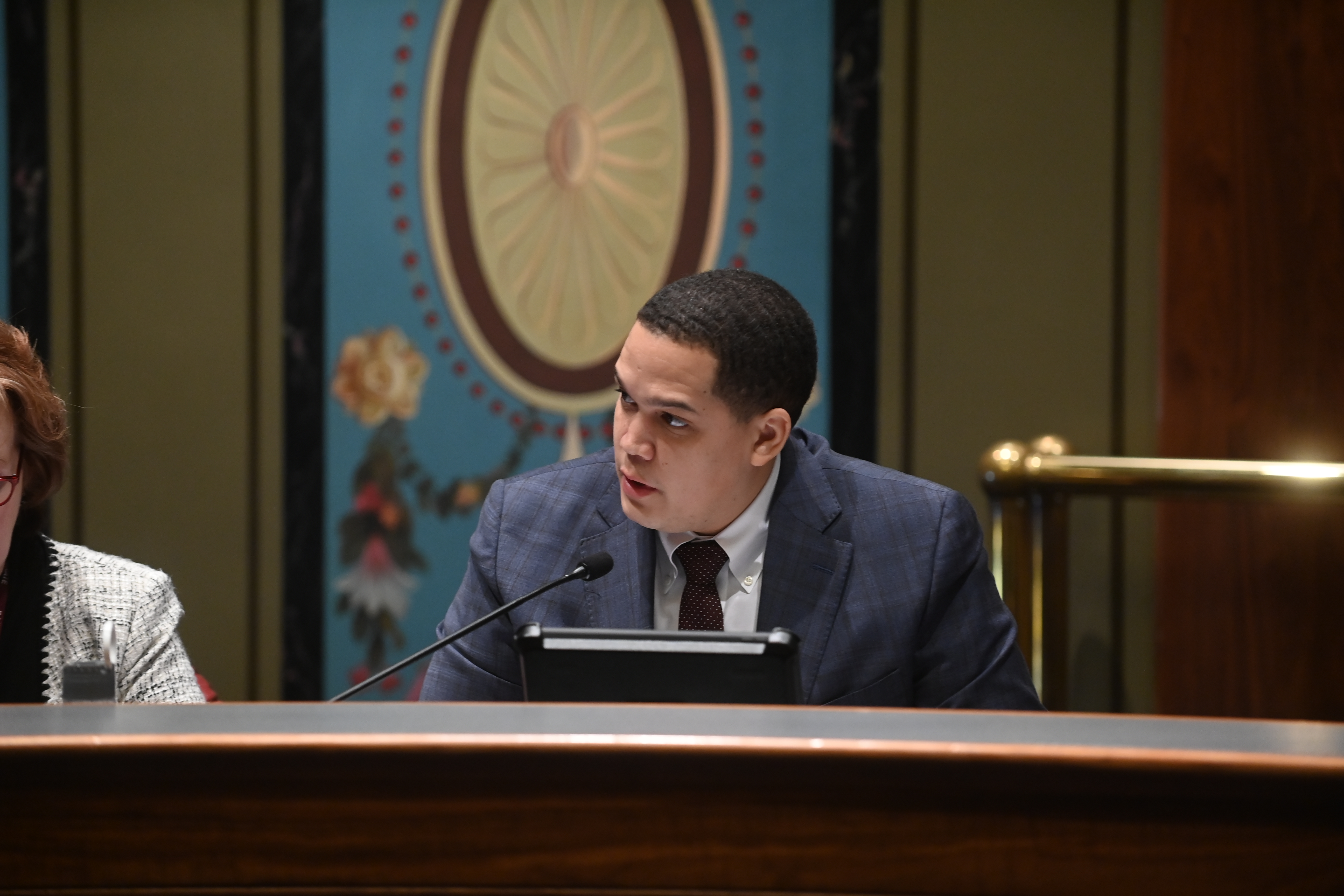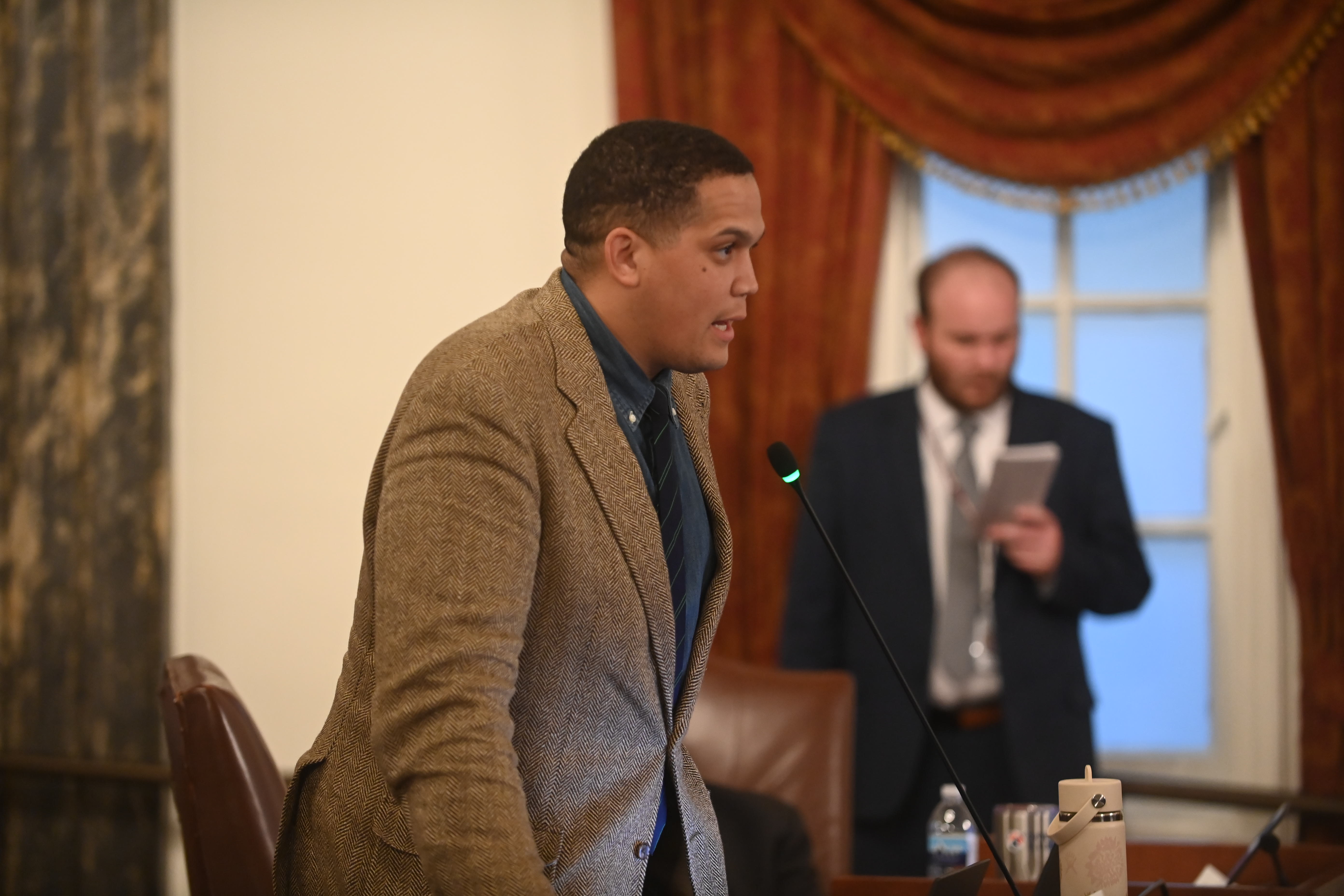Adult Redeploy Illinois Oversight Board better represented thanks to Peters
- Details
- Category: Press Releases

"The Adult Redeploy Illinois program will now be able to better address those they seek to serve," said Peters (D-Chicago). "This new law expands representation to those with firsthand experience in the ARI system to ensure the voices who the ARI board seeks to impact are heard.”
Peters’ new set of laws promises a smoother process for individuals to have records cleared
- Details
- Category: Press Releases

“The current process for expunging records can be complex, especially for young people,” said Peters (D-Chicago). “These new laws put rehabilitation and reintegration at the core of our court proceedings, emphasizing positive change and growth for all criminal justice-involved individuals.”
Peters’ new law, Senate Bill 3463, streamlines the expungement process by scheduling juvenile court record expungements alongside initial court decisions, reducing the need for multiple court appearances. Further, under Senate Bill 2626, defendants in diversion programs can apply for expungement 61 days before their case is expected to be dismissed instead of waiting until afterward.
New laws led by Peters create fairer, more impartial systems for survivors
- Details
- Category: Press Releases

"Survivors deserve trust in our justice system and the ability to seek safety from abusive situations, and these laws offer that empowerment," said Peters (D-Chicago). "It's crucial to ensure individuals have the resources to seek support and factor in their experiences when crafting legislation."
Peters’ law improves Crime Victims Compensation Program
- Details
- Category: Press Releases

SPRINGFIELD – State Senator Robert Peters’ legislation to expand assistance under the Crime Victims Compensation Program was signed into law on Friday.
“Exposure to traumatic events can have lasting impacts on an individual’s well-being,” said Peters (D-Chicago). “It is important for our laws to acknowledge all those who should be considered under this program and to take into account the diverse range of experiences and challenges someone may face.”
The losses suffered by victims of crime are diverse and can extend beyond the immediate incident, resulting in financial losses, disruptions to daily routines and employment, and other long-term physical and emotional consequences affecting an individual’s quality of life.
More Articles …
Page 18 of 95





